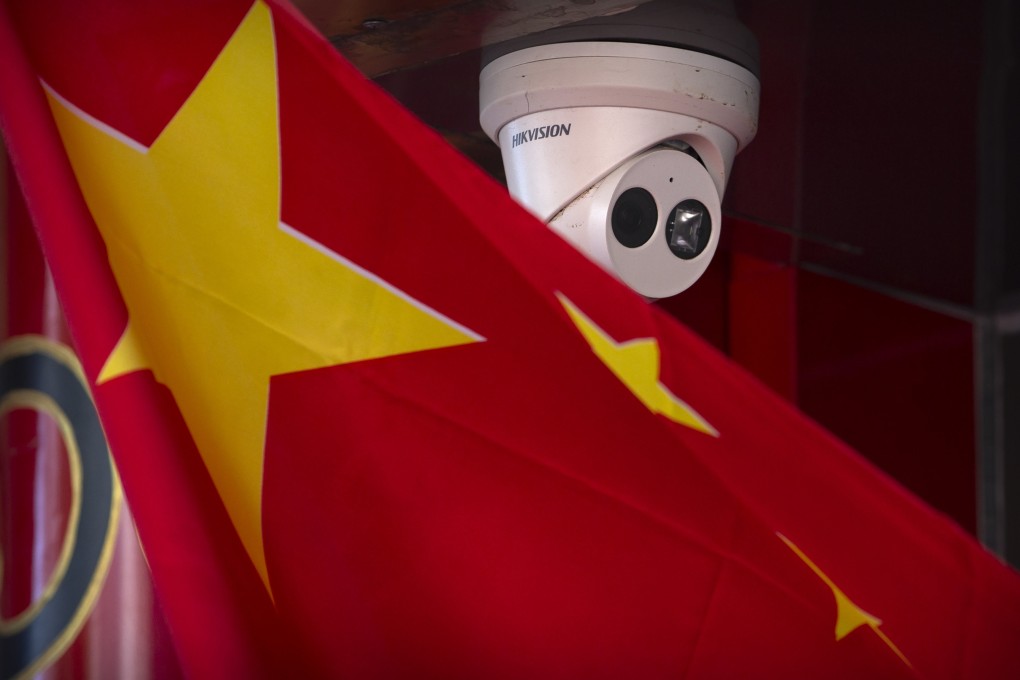Advertisement
Outside In | Is China a cybersecurity threat the US should lose sleep over?
- A close reading of a report on cyber capabilities and national power raises questions about whether China really has the offensive aspirations that keep the US intelligence community awake at night, rather than a defensive obsession built on a century of turmoil at the hands of foreign powers
4-MIN READ4-MIN
10

Over four decades of working as a journalist and researcher trying to understand and write about the development of China, you bump inevitably into spies and soldiers – a by-and-large paranoid community with a vested interest in seeing threats around every corner, and a material interest in encouraging more defence spending.
For most of this time, I took their claims with several bucketfuls of salt. Like early-evening mosquitos, you were always aware of them, but did not allow them to distract you from the main purpose of the evening.
Instead, I would put most of my trust in academics, economists and on-the-ground business leaders – not because these are eminently trustworthy or lacking personal or institutional agendas, but because when I asked them for evidence supporting their claims, they normally provided it.
Advertisement
Spooks and the military are different. Ask them for proof, and they say the evidence is classified, and tell me to trust them. As a journalist, thanks, but no thanks.
Things in recent years have begun to change, most markedly in the US, where intelligence and defence voices have moved from the margins, to the very epicentre of policymaking.
Advertisement
Advertisement
Select Voice
Select Speed
1.00x

